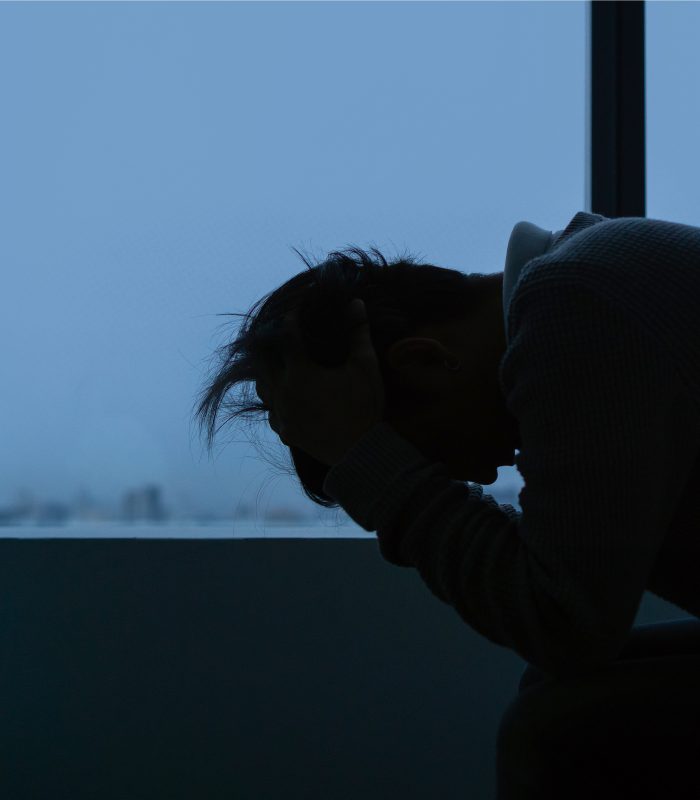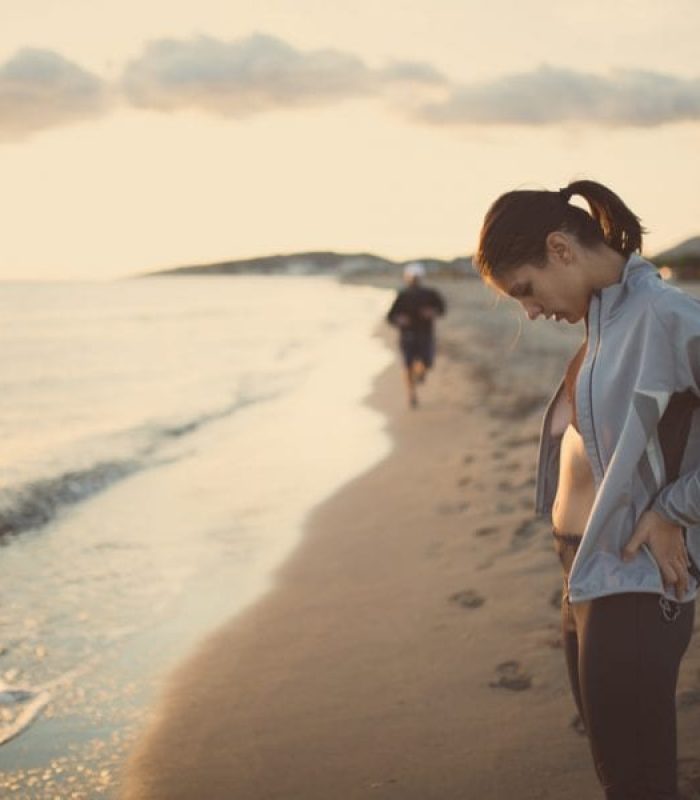First, an RxLeaf patient story on how to get off benzos – From someone who fought with addiction for 25 years before embracing cannabis medicine.
“I fought with benzos for 25 years until I was nearly dead. Cannabis saved my life when I learned how to get off benzos naturally.
At the age of 14, I was diagnosed with bipolar disorder. I was a victim of sexual abuse and domestic violence and at 21, added PTSD and a few other psychological disorders to the list. I was using drugs and the addiction had taken control by that time…
After years of fighting, I lost custody of my children. My life had become a nightmare. With all the physical abuse came chronic pain issues. So how does a junkie treat pain issues… with more drugs of course.
This cycle would go on for almost 25 years: getting clean, trying to make sense of what had become my life, relapsing. I couldn’t make it stick.
In 2017, around Thanksgiving, my son visited. I was so excited. I just wanted everything to be perfect! It wasn’t. It was a disaster. That was the last time I picked up my prescription for benzos.

How to get off Benzos with Cannabis
I turned to cannabis for help. So far, I haven’t even thought of using anything else. It’s been since Christmas. And for the first time in 25 years, I was sober for New Years.
This plant, that I thought was just for “taking the edge off” has saved my life, I think. I am going to shout from the rooftops how this plant has made it possible to get my life back in order. I want to tell you that, yes, it can help you too.”
From RxLeaf: The Science on How To Get Off Benzos
Benzo prescriptions are on the rise and patients are reporting tolerance and addiction problems. Is cannabis how to get off benzos for anti-anxiety? Probably. Below is the science backing how many people choose to get off benzos naturally.
It’s no secret that there’s been an uptick in pharmaceutical addiction over the past three decades. Fortunately, we’ve learned that opioid prescription has inherent danger, but what about other pharmaceuticals? Benzodiazepines (or benzo), prescribed for anxiety, are now under the microscope as a growing addiction issue.
A new study suggests that cannabis may be used in place of benzodiazepines.
What Are Benzodiazepines?
So what are these pills that are in nearly every home across the country? Benzos belong to a class of psychoactive drugs that is the most commonly prescribed in the US.
Their main use is as a sedative and anti-spasmodic. Doctors prescribe the medication for insomnia, tense muscles, seizures/epilepsy, and anxiety. As these conditions are on the rise, so too is the frequency of prescription.

What Are The Risks?
Benzodiazepines are far from the most risky drug on the market, but that doesn’t mean that they’re completely safe. Short-term use is relatively harmless, but long-term use can result in tolerance and dependence issues.
Furthermore, as with most other prescription drugs, overdose is possible. If an individual combines benzo with alcohol, for example, they run a serious risk of death or other negative health consequences.
Moreover, around 10 percent of Canadians use prescription sedatives of some kind, according to the Canadian Centre on Substance Abuse and Addiction. And that number may change when you include individuals who take sedatives without prescription, or take their family members’ prescriptions.
Uses of Cannabis
You may recognize many of the conditions above. After all, RxLeaf spends a fair amount of website space on the uses of cannabis for insomnia, anxiety, and epilepsy. Perhaps that’s why Aleafia Health Inc., a prominent cannabis company in Concord, Ontario, decided to investigate whether cannabis can reduce benzo use. The study is the first one of its kind, and had encouraging results.
The study, “Reduction of Benzodiazepine Use in Patients and Prescribed Medical Cannabis”, was published on January 24, 2019 in Cannabis and Cannabinoid Research. It found that 45.2 percent of the patients stopped using benzo within six months of using medical cannabis. Aleafia Health’s Canabo Medical Clinic treated the participating patients.

Via Financial Post
Additionally, patients using cannabis in this study experienced a decrease in everyday distress and stress caused by their respective medical conditions. After all, physical medical conditions can cause mental health issues from the tension of coping and management. But if cannabis helps with anxiety, it can help with that daily stress too.
Limitations of the Study
The study has some limitations, however. It included only 146 mid-40s patients as this is the common age range for benzodiazepine prescriptions. This is a small sample size that may not be statistically relevant.
Furthermore, Aleafia Health isn’t without motivation for conducting this study. It pumps out 98,000 kilograms of dried cannabis bud, which it cultivates in its own facilities, every year. They also run Canabo Medical Clinic and R&D facilities. They have something to gain from learning that cannabis can work in place of benzodiazepine.
We need larger studies that can firmly prove a link between cannabis use and the decreased use of benzodiazepines. Importantly, we need studies that are independent of cannabis companies. Though this study was peer-reviewed, which boosts its validity, studies that are not tethered to companies with self-interest are definitely required.

A Good Start
The study’s lead author, Chad Purcell, said in a statement, “The study results are encouraging, and this work is concurrent with growing public interest in a rapidly developing Canadian cannabis market.”
Purcell went on, “We are advising the public to observe caution. The results do not suggest that cannabis should be used an alternative to conventional therapies. Our purpose is inspiring others to advance current cannabis understanding as we collect stronger efficacy and safety data that will lead to responsible policy and recommended practices for use.”
This is the start of more extensive cannabis research. Legalization has spurred more research than we’ve ever had before, so it’ll be only a matter of time before larger studies take place.





